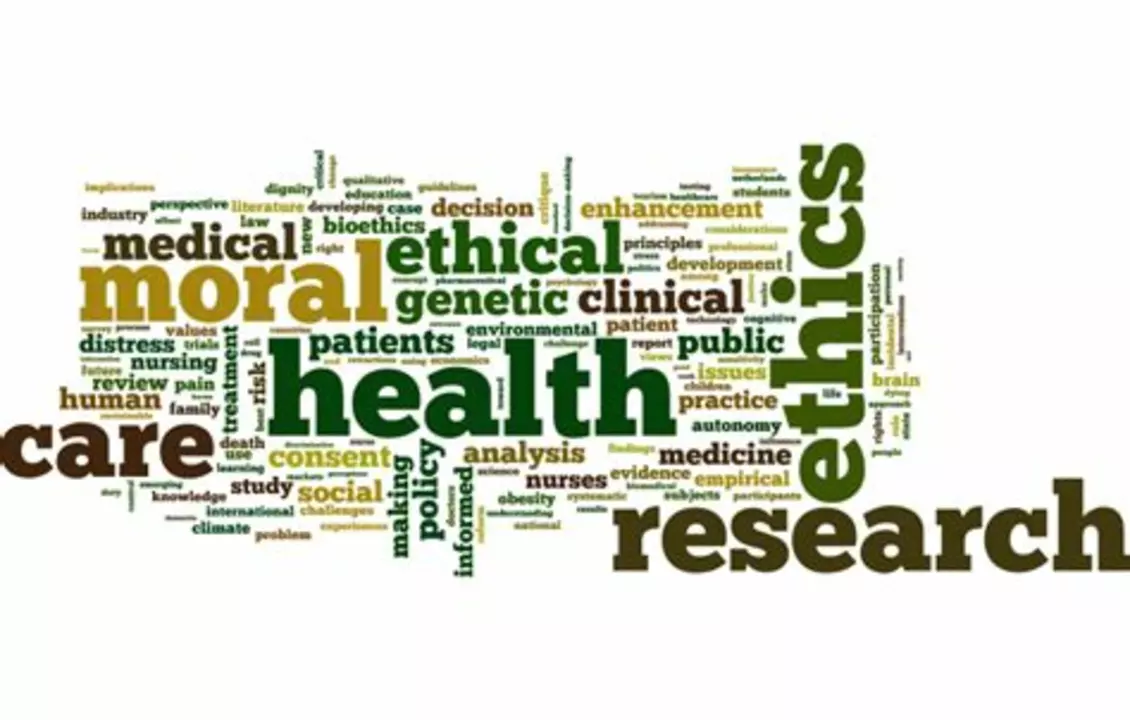Medical Ethics: Clear, Practical Answers for Real Problems
Medical ethics isn't a distant academic subject — it shows up in clinic waiting rooms, hospitals, and policy debates. You face ethical questions when choices about money, access, or cultural differences change the care someone receives. This page collects straightforward posts and tips to help you spot problems and act without getting lost in jargon.
Everyday ethical questions you will meet
What happens when a patient can't pay? Who decides which treatment is offered first during a shortage? Those are classic ethics issues. Think of ethics as three simple checks: does the choice respect the patient's wishes, is it fair to others, and does it try to do the most good with the resources available? Use these checks fast when a situation feels unclear.
Bias in care is another big one. Racial bias, language gaps, and cultural assumptions change outcomes. If a doctor dismisses your symptoms or a family feels ignored, that's not just rude — it's an ethical failure. Look for providers who ask questions, explain options clearly, and respect cultural differences. That’s cultural competence in action.
Consent and privacy are often misunderstood. Consent means you understand the benefits, risks, and alternatives — not just nodding along. Privacy means your health details stay private unless you say otherwise. If either feels shaky, ask for plain-language explanations and written summaries.
How to act and speak up
If you suspect unfair treatment, start simple: ask for clarification. Say, “Can you explain why this test or treatment is being recommended?” Keep notes and ask for copies of test results. If you’re uncomfortable with the answer, ask to speak to a patient advocate or a different clinician. Hospitals and clinics usually have someone to help resolve these issues.
When policy decisions affect care — like debates over free versus paid healthcare — think about practical trade-offs. Universal access improves fairness but needs funding and planning. Private systems can speed up access for some but can leave others out. Use that lens when reading headlines: who benefits, who pays, and how are the most vulnerable protected?
Training matters. Schools, clinics, and health systems that train staff on cultural competence and bias reduction produce better care. As a patient or family member, ask whether a clinic provides interpreter services, cultural training, or bias-awareness programs. Those are signs the place takes ethics seriously.
Finally, small steps add up. Keep an up-to-date list of medications, carry emergency contact and consent info, and be ready to say what matters most to you — quality of life, aggressive treatment, comfort care. Clear communication reduces ethical friction and helps teams make the right call when it counts.
Use this tag to find posts about fairness, consent, bias, and system-level choices. If a topic hits close to home, read related posts and take simple actions: ask questions, get a second opinion, and document conversations. That’s how real ethical problems get solved — one clear step at a time.
What is ethical based health care/medicine?
Posted by Finnegan Beckett On 8 May, 2023 Comments (0)

As a blogger, I've recently come across the concept of ethical-based health care/medicine, and I find it quite intriguing. Essentially, it refers to the practice of providing medical care based on moral principles and values, such as respect for autonomy, non-maleficence, beneficence, and justice. This approach emphasizes the importance of respecting patients' rights and ensuring their well-being while considering the potential consequences of medical decisions. By adhering to these ethical guidelines, health care providers aim to offer the best possible care while maintaining a strong moral compass. I believe that ethical-based health care can greatly enhance the overall patient experience and ultimately lead to better health outcomes.




